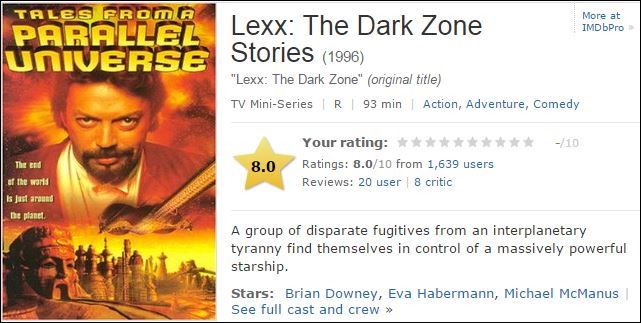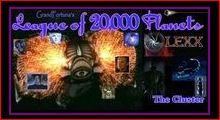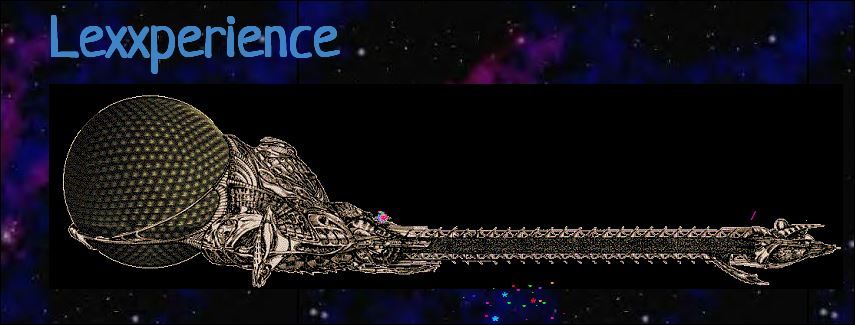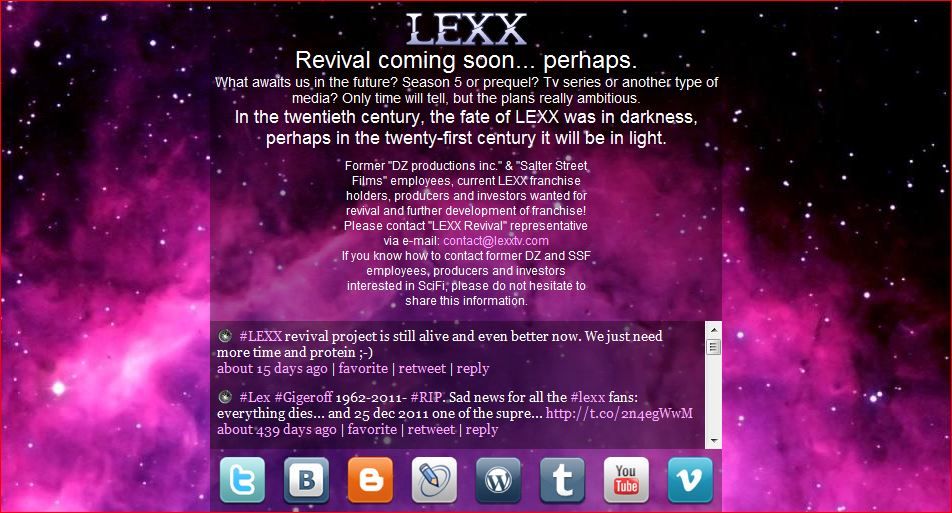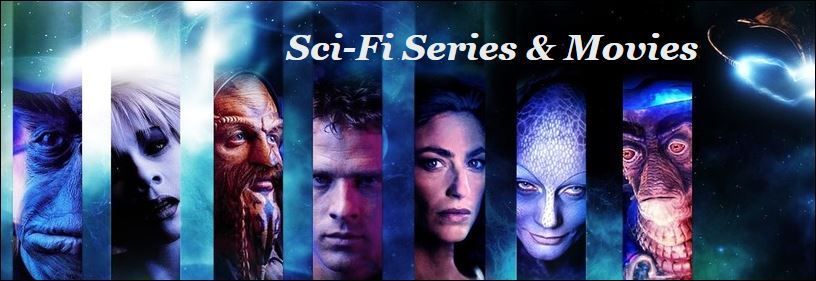Escapism is becoming a global concept that drives media sales, and I'm full on board with it. At first you think video games and tv shows are just ways that people avoid real life, but that's not true. In the really old days of mythology, people used stories full of heroes and villains and dire situations and sparkling rewards not only to entertain, but to structure a belief system to model their lives on. Escapism provides that same opportunity to investigate the possibilities of making choices and taking actions, exploring beliefs in the moralities and motivations of characters, opening our minds to much more than the redundancy our lives sometimes feel like.
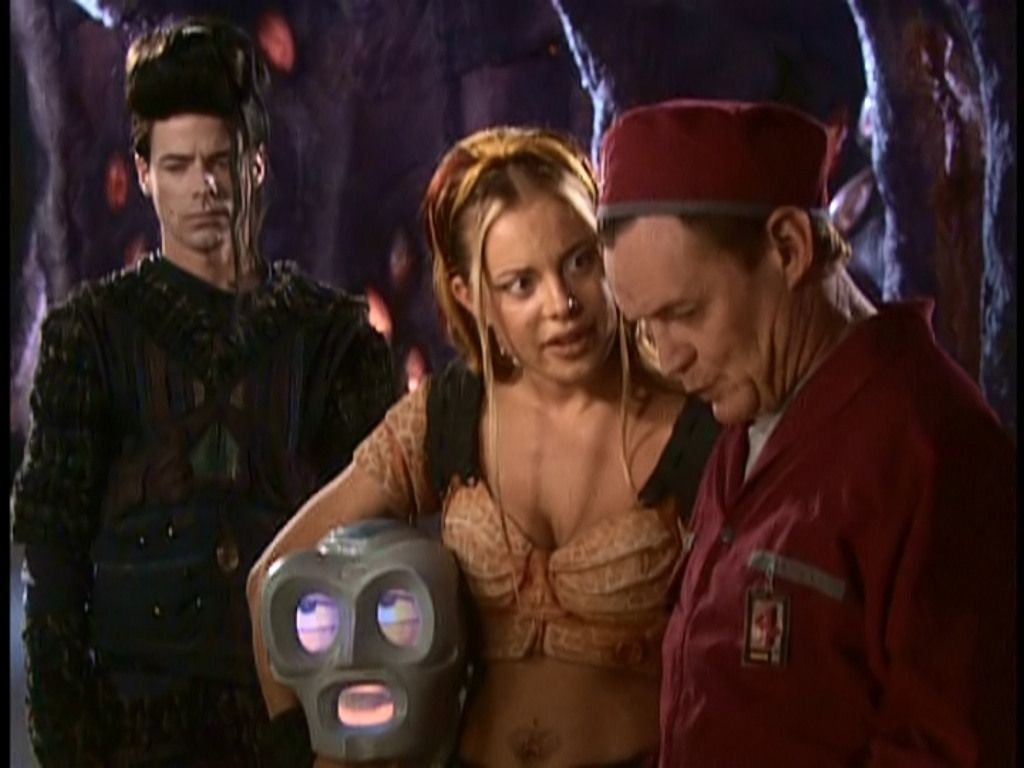
Lexx as a story introduces us to the same kinds of horrors we've heard of before in both our world history and in our libraries full of thousands of years of stories, but on a scale that instantly transports us into a new way of looking at the human condition. The story of the Lexx does not originate on Earth, and is not tainted with any of our preset belief systems or histories. Humanity is stripped of all earthly assumptions and is reconstructed into an entirely new mythology asking the viewer what would really happen if... How would characters really behave if... What is so refreshing about Lexx is that it not only dares to strip away our presuppositions, but dares to do so with a combination of grimness and flippancy that will change the way you look at human history on Earth.
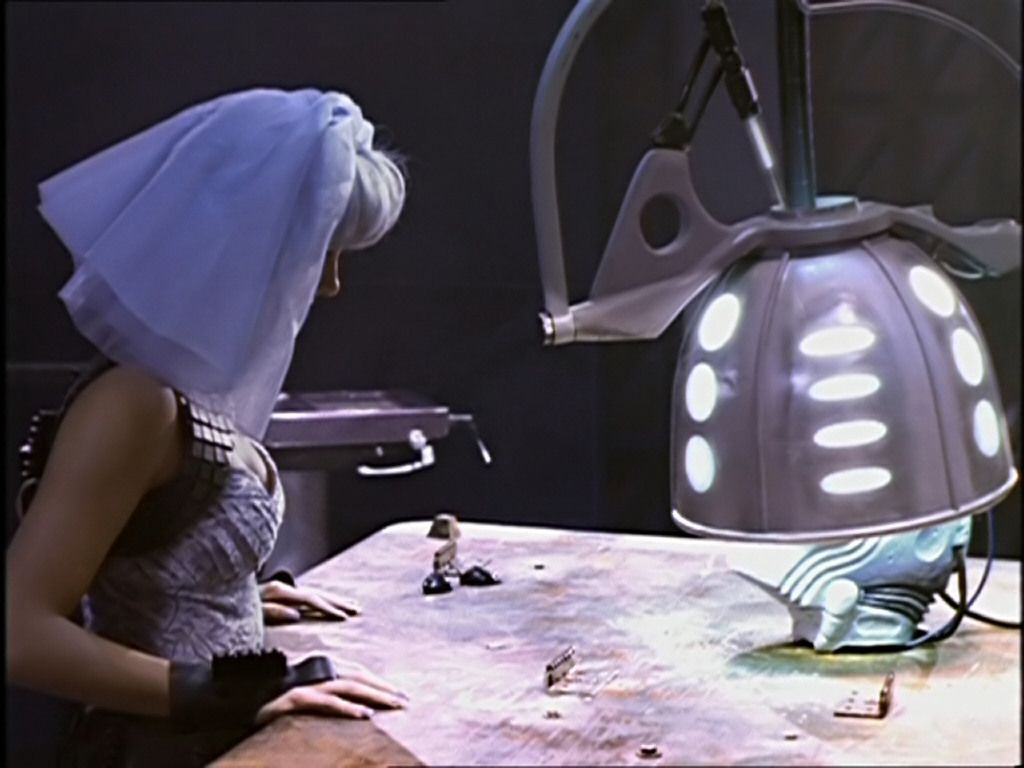
The first season of Lexx is four movies, set in the Two Universes over a 6000 year time span, and largely centers on the Cluster, the home planet to His Divine Shadow who governs the League of 20,000 Planets. His Shadow makes Darth Vadar look like a cute little kitten with a ball of yarn. His Shadow makes Hitler look like a 14 year old novice. His Shadow is so evil that I would dare to quip even Satan is envious and aspires to be like him. Basically, the first season of Lexx is like Orwell on steroids. If you like dark *anything* in literature and other media, be it dark humor or dark situations or dark characters, it is here on the Lexx. But be warned- you cannot come into the Lexx assuming these humans have ever known your viewpoints on life. They haven't. They will not behave in any expected way that humans behave in any other media. Lexx as a four-series story often mystifies audiences because they don't understand that these characters have never known life as we've known it here on this earth. There is no such thing as psychological health, basic human rights, freedom of choice, or even just shopping. These things have never existed, and I know it's difficult sometimes for the audience to realize the depth of that.
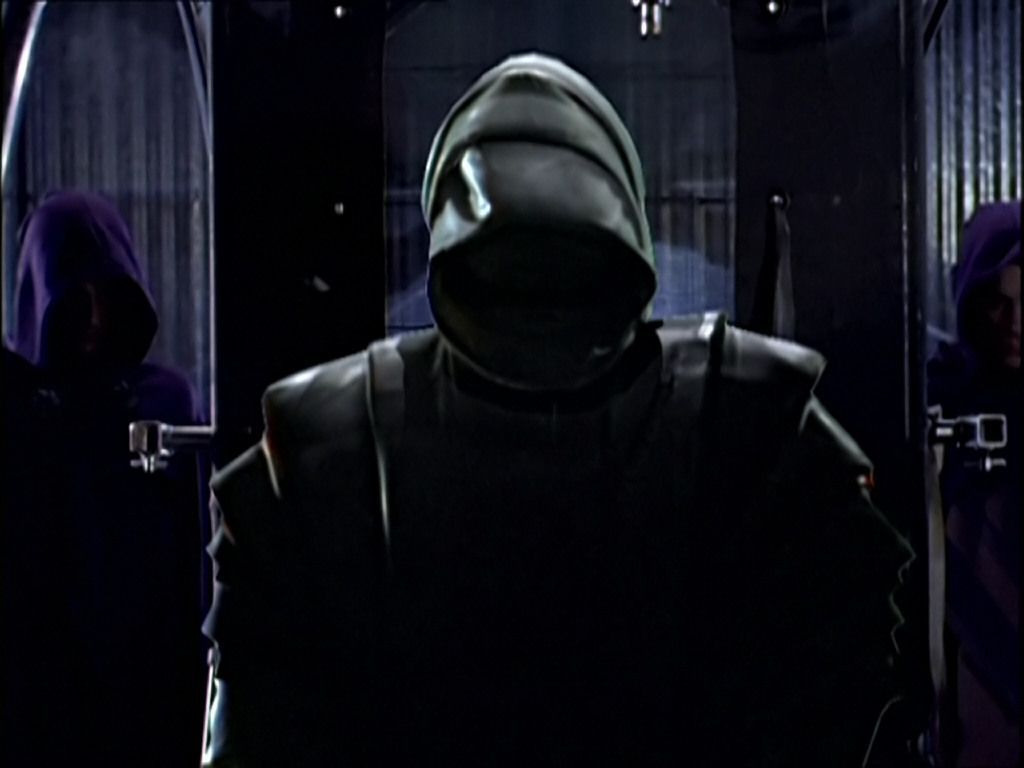
The second season of Lexx is pretty much everything you wanted to see go horribly wrong in Star Trek or any other scifi show you might have watched. There is no happy ending, good doesn't triumph over evil, selfishness can sometimes be the only salvation, but it is awesomely funny and awful and cute and dark. This season is like a Lexx comic book on video, and I think it's probably vital to see it that way if you don't understand or appreciate the 'point'. The point is always our core four on the Lexx, nothing else. This is their story, and like our own lives, their stories don't always have a moral. What I get out of season two is that the characters lives are like my life, and the lives of people I see around me- random and chaotic, happenstance and chance, and what meaning we draw from our experiences is our own and very personal. As we follow Stan, Xev, Kai, and 790 on their journey, we feel drawn into them because they are more like our real selves than any characters we've ever known.
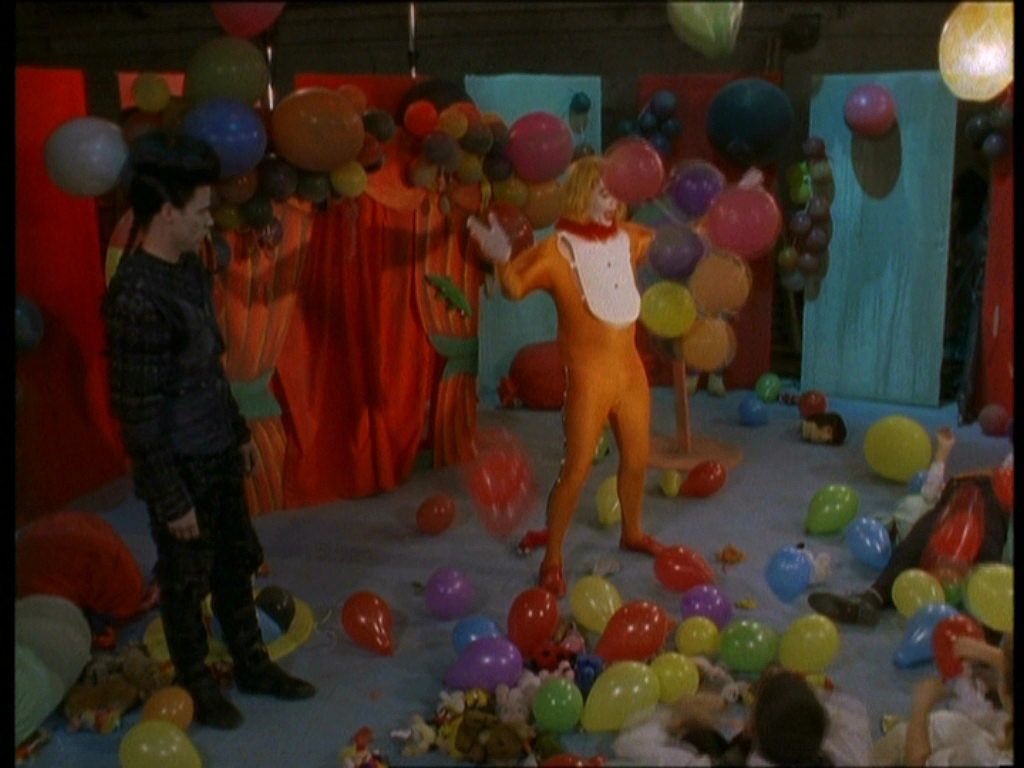
Stan is the Everyman, the average person who winds up caught in the stuff all around him everywhere he goes. He'd *like* to be the hero, but he's a normal person with normal flaws, and it's easy to see how we might also be just like him. Stan feels jilted by circumstances beyond his control, and takes them personally. He accidentally winds up commanding the most powerful weapon of destruction ever built in the Two Universes. He's not an evil man, but he's a nearly broken one who survived what other people didn't. Throughout the show we see how his simplest sadness has blown up into a wretchedness that must still be lived with somehow, as we get the hint that his one special love (possibly never realized beyond the crush stage) died as a result of his failure in the war against His Shadow. (If you're a Lexx fan and didn't catch this, you need to go rewatch the whole thing *right now*.) If we don't know these things about Stan, it's easy to blow him off as shallow and cranky, and I think some men can really empathize with that.
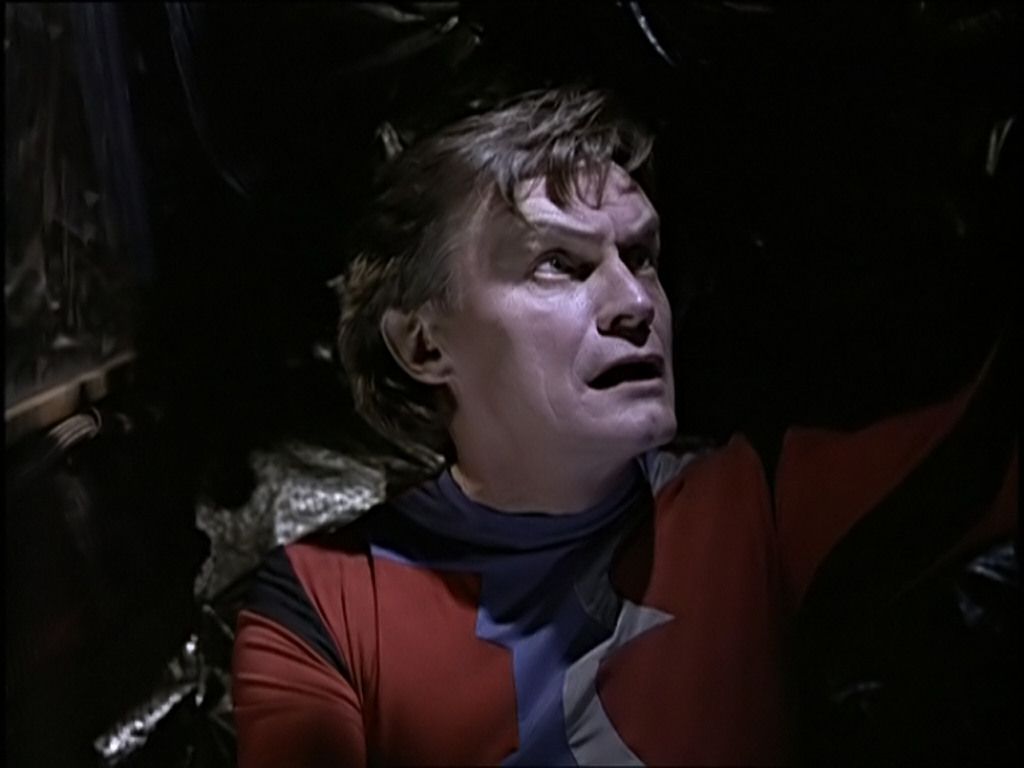
Zev is that sweet dream that never quite comes true, a love slave who missed her programming, beautiful and strong and yet sadly alone, smarter than she should be but seduced by her own weaknesses, and ultimately the product of the society around her. A lot of people can identify with feeling caught in this kind of flux, at odds with their physical and emotional needs and duped at every turn by users. "Life is not fair. I know that well." Raised in a box and schooled by holograms for the wife bank, absurdity of being takes on a unique glimmer in Zev/Xev. All she wants is to love and be loved, but alas, she cannot love Stanley Tweedle, although their relationship grows into something more like brother and sister during their journey on the Lexx. They do care about one another, and are the only family each other has.
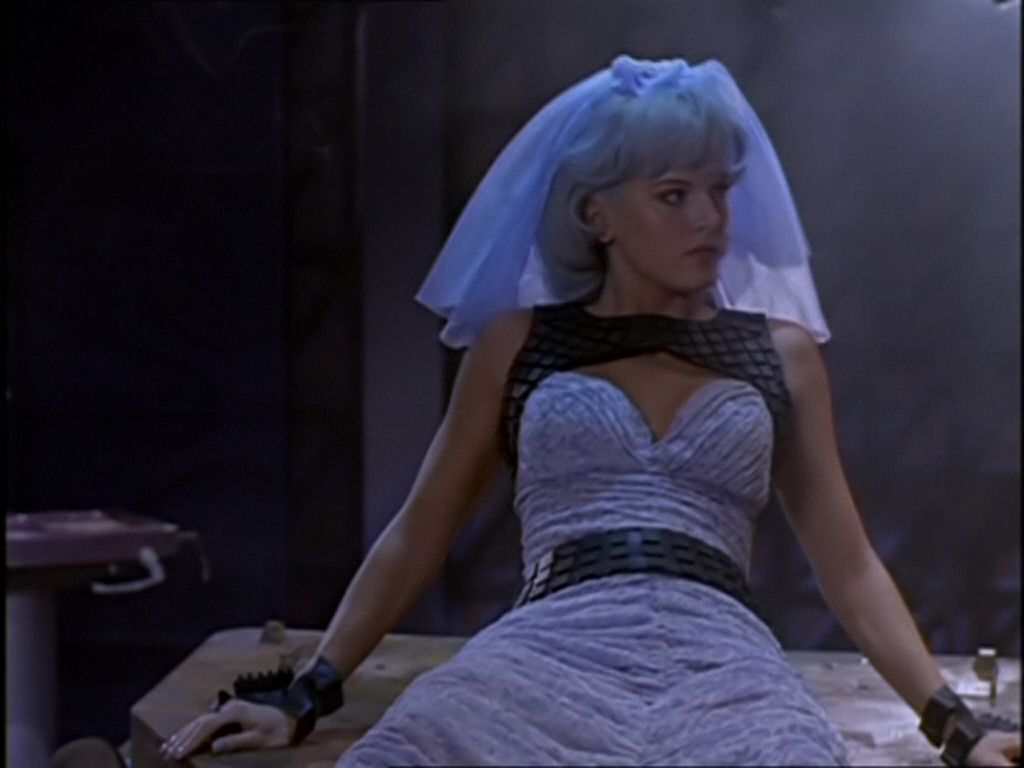
Kai, well, he's had his life completely stripped away and is forced to commit horrible deeds, then has to 'live' in an animated state with the terrible memories and no way to feel passionately upset about it. The conundrum of feeling intellectually disgusted or upset with no emotions is a very difficult one for many fans to grasp, and it's very hard not to anthropomorphize one's own feelings onto his character. So many of us feel drained of our wills in the machine of society, forced to carry on without the dreams we once had or the feelings we once cherished, any noble efforts dashed down without our being able to stop it. Kai is a glaring reality, a souvenir of the Cluster, someone who triggers spontaneous empathy in others simply by being a walking scar, and there is no way to save him. What I especially notice about Kai is that he evokes the same kinds of imagery used in Native American and Asian storytelling about heroes who become tragically separated from their people and are forced to wander alone.
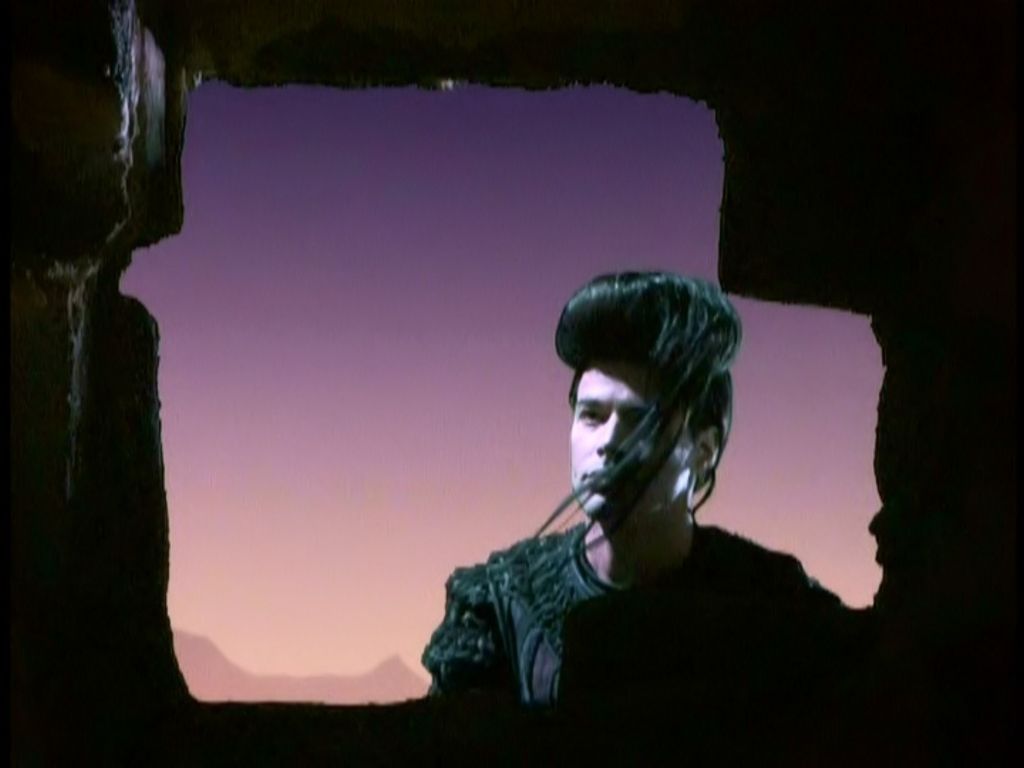
As for 790, who wouldn't want a sassy robot head zooming around the house on his little cart? I'm not a big fan of robots in general, in spite of all the scifi I watch, but I ~love~ 790, he's awesome. He has a scrap of human brain in his noggin, but we're not clear whose (possibly originally female in a vague teaser extra), and since it is only used to interface his programming instructions to a body he no longer has, we're never sure whether his growing inclination toward jealousy and evil near the end have anything to do with somehow being human. 790 robot drones are used on the Cluster and throughout the League of 20,000 Planets to carry out a variety of jobs, most noticeably escorting humans through procedures, rituals, and trials. They operate machinery and pretty much do all the mundane menial stuff humans can't tolerate long or well without causing problems. Such as executing death sentences... They have no minds of their own because their heads have been replaced with robot heads, but still retain human bodies, which are probably easier on upkeep and maintenance and can be recycled back into the protein bank. Our 790 is the perfect human joke back on His Shadow, if you want to take it so far as noting that even a tiny shred of human brain slipped through the cracks and helped create havoc for His Shadow.
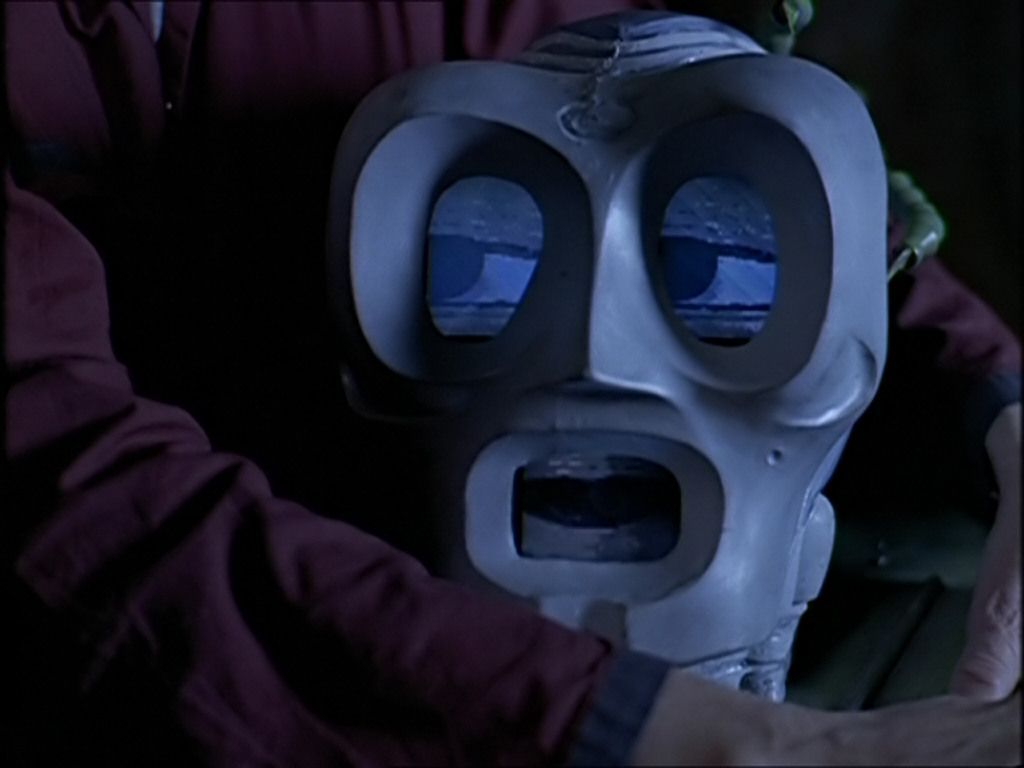
The third season of Lexx goes all Dante and magnificently carries scifi into an artisan world of philosophy and even religion. I don't think any other scifi show has dared to take on anything this deep and still stubbornly retain its integrity through its characters, and manage to stay true to its original underlying theme. The Lexx itself doesn't lose any significance as the star of the show while our characters are faced with all new challenges and *finally* a real question of morality and ethics, which I think is a natural progression when we remember they came from such an utter lack of fortitude and grace in philosophical thinking. The Cluster allowed no education in Thought or the development of critical thinking, so Xev and Stan are almost like intellectual babes up against the very essence of evil incarnated, and all his cruel and subtle trickeries. This season is almost painful to watch in a good way, if you have the sort of mind that enjoys gnawing the bones of philosophical debate. Fortunately, this season is also easy to digest, the intellectual being so layered into our characters' foibles and desires. I am enamored of season three's astonishing level of storytelling, and the characters were all played so well, to me watching season three of Lexx is like the best of theater and commands a deeper level of respect.
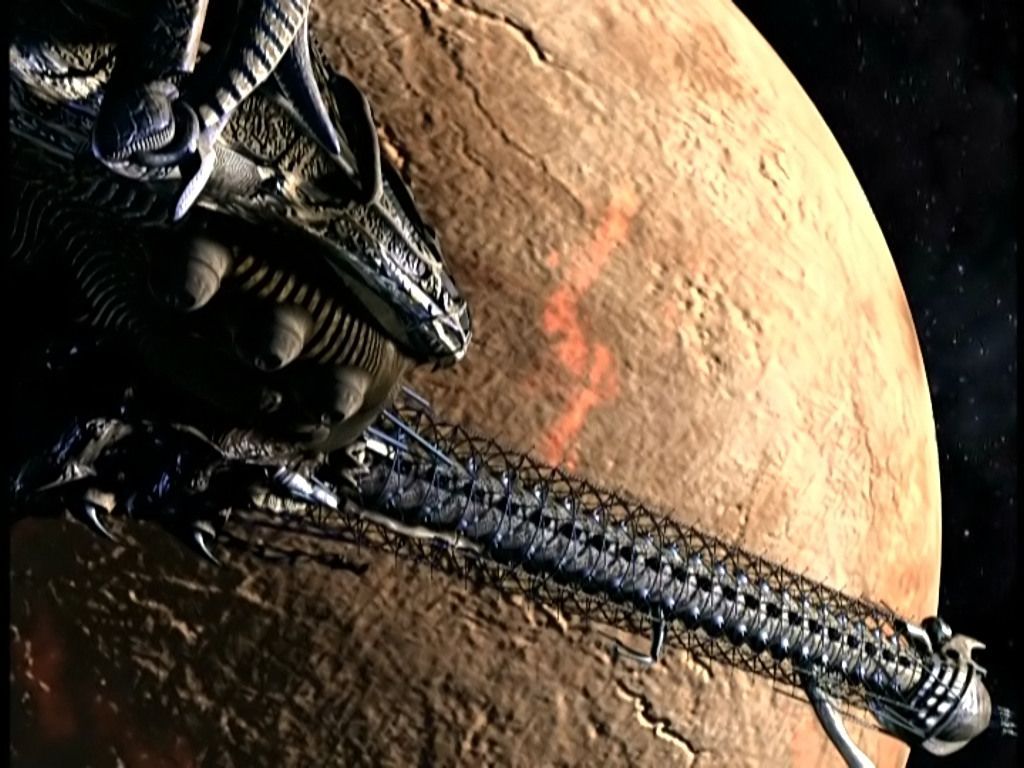
The fourth season of Lexx is difficult to quantify, so my favorite way of defining the whole season is "omg, they found Earth". And it is super weird because the final situation in season 3 carries over and modifies what happens to the Earth, bringing the inhabitants of Fire and Water with them. The philosophical theater of season three erupts into political vaudeville on Earth, with morals and ethics exploding into a comical mockery. I think this is the perfect way to end their journey on the Lexx, if you consider that our heroes escaped from despicable evil on the Cluster and somehow still retain a certain naivete about despicable evil happening around them on Earth, even when Xev becomes overwhelmed by her Cluster lizard DNA and starts eating people. Nothing is sacred as our heroes take on everything unholy Earth has to offer.

One key element to the entire series is that the Lexx escapes from evil, outruns evil, blows up evil, defeats evil, runs into more evil, is used by evil, and dies during a war with evil- through everything, Stan, Xev, and Kai never experience a real relief from evil. They face it head on everywhere they go, and deal with it only as denizens who have escaped from His Divine Shadow can. I don't think they ever questioned the existence of evil, it's just everywhere you go, and you do what you've gotta do to survive it. Somehow that puts the human ingredient back into scifi storytelling for me. I don't know about other scifi fans, but I think that's such a nice change from the way other shows take the time to draw the line between ~metaphorical~ good and evil with rules and regs. Forget political correctness, forget tiptoeing around, forget the intellectual elevation above basic instinct. There is no rule book with Lexx. They blew it up.
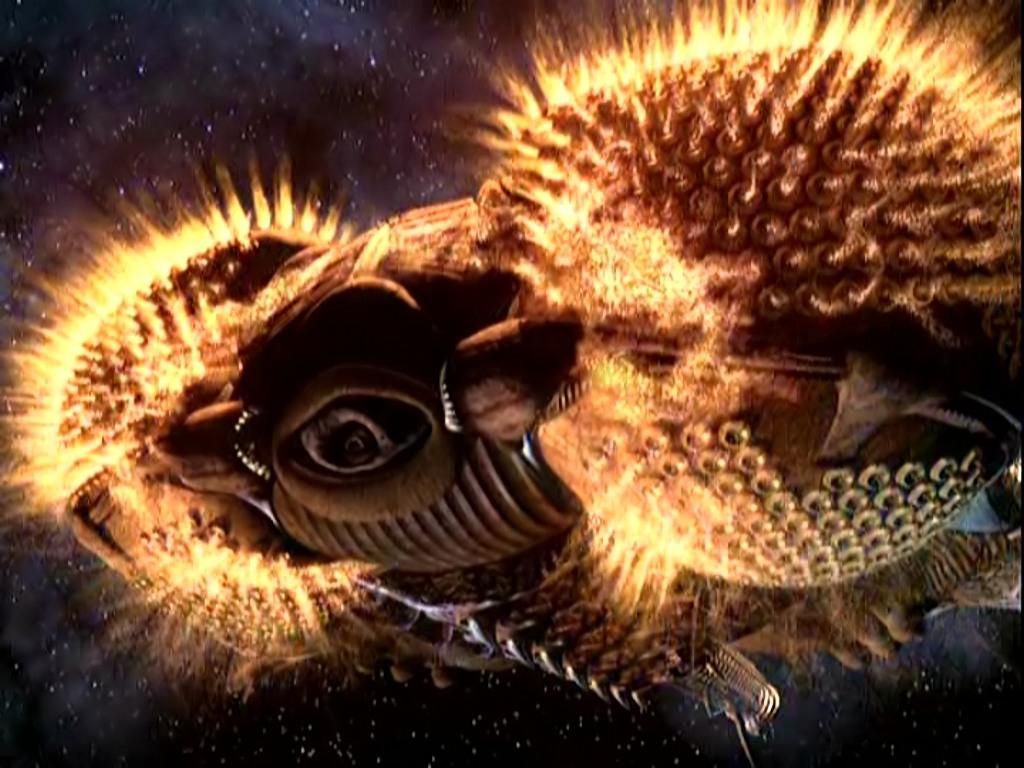
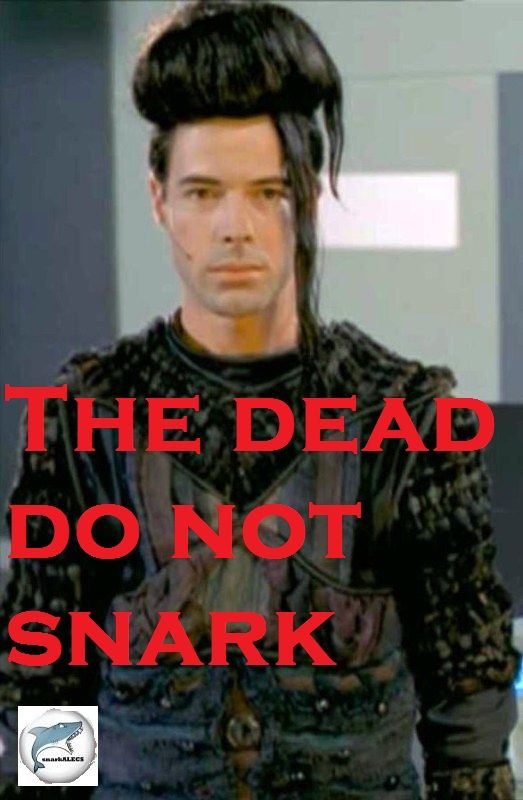
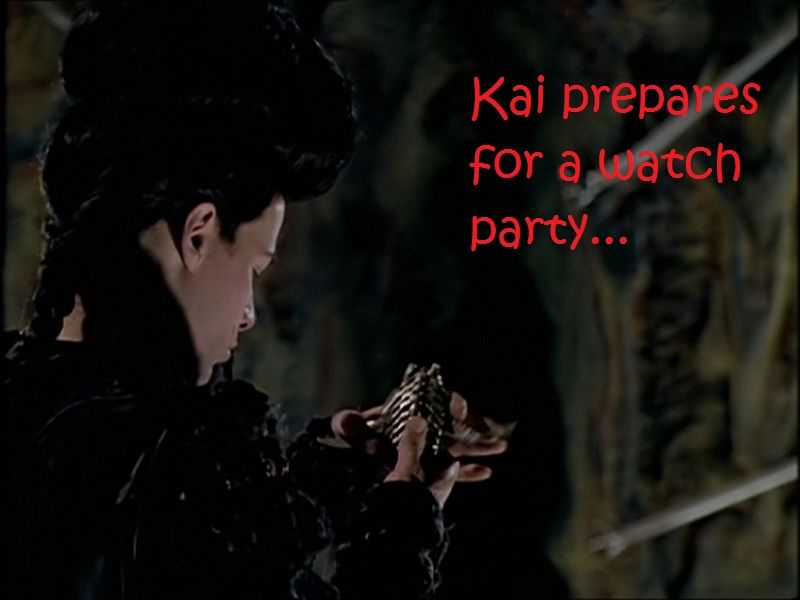

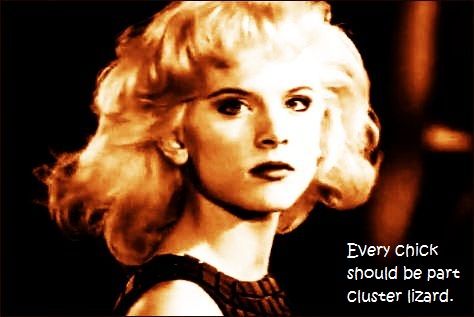
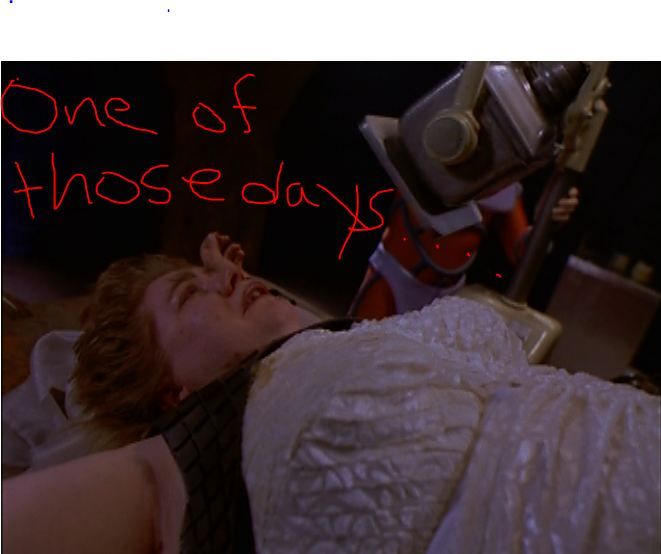
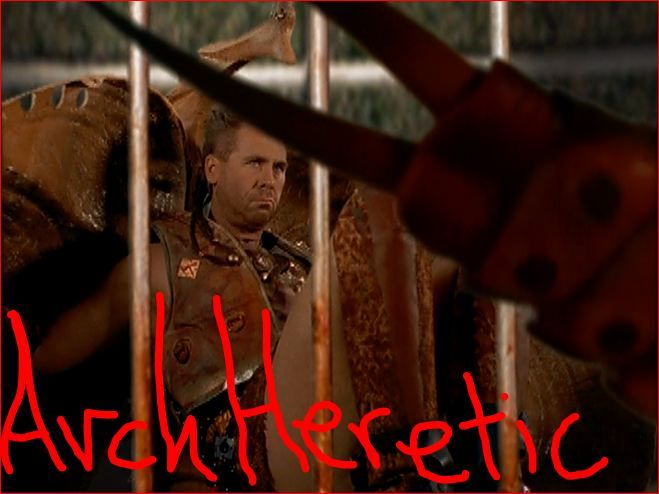
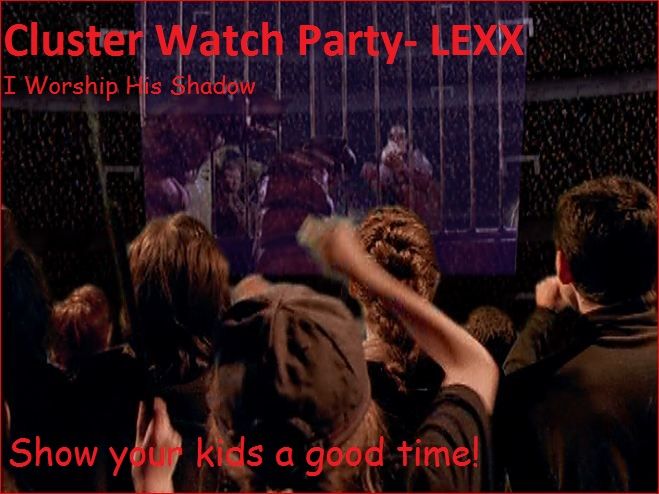
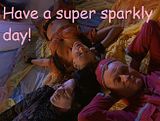
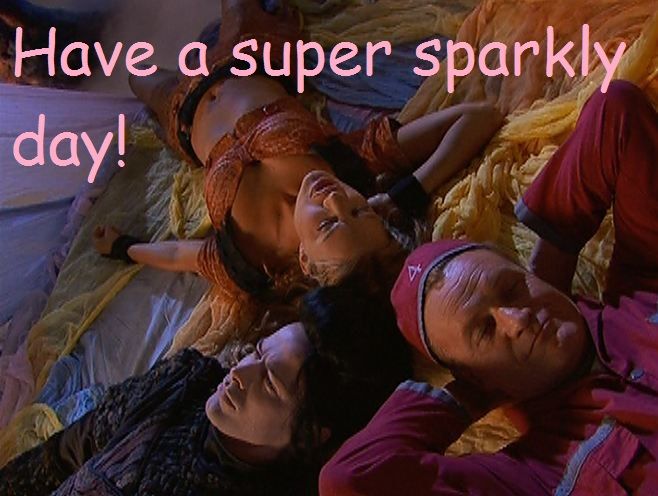

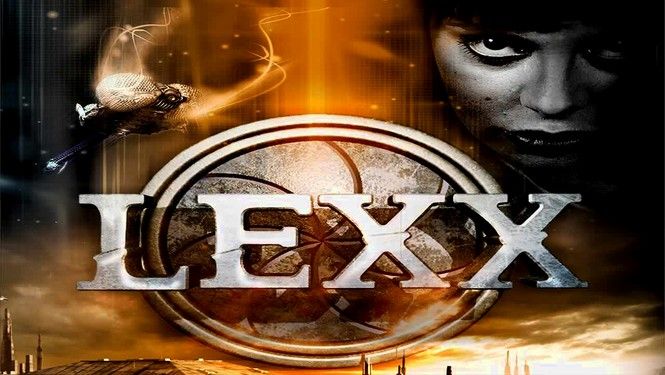
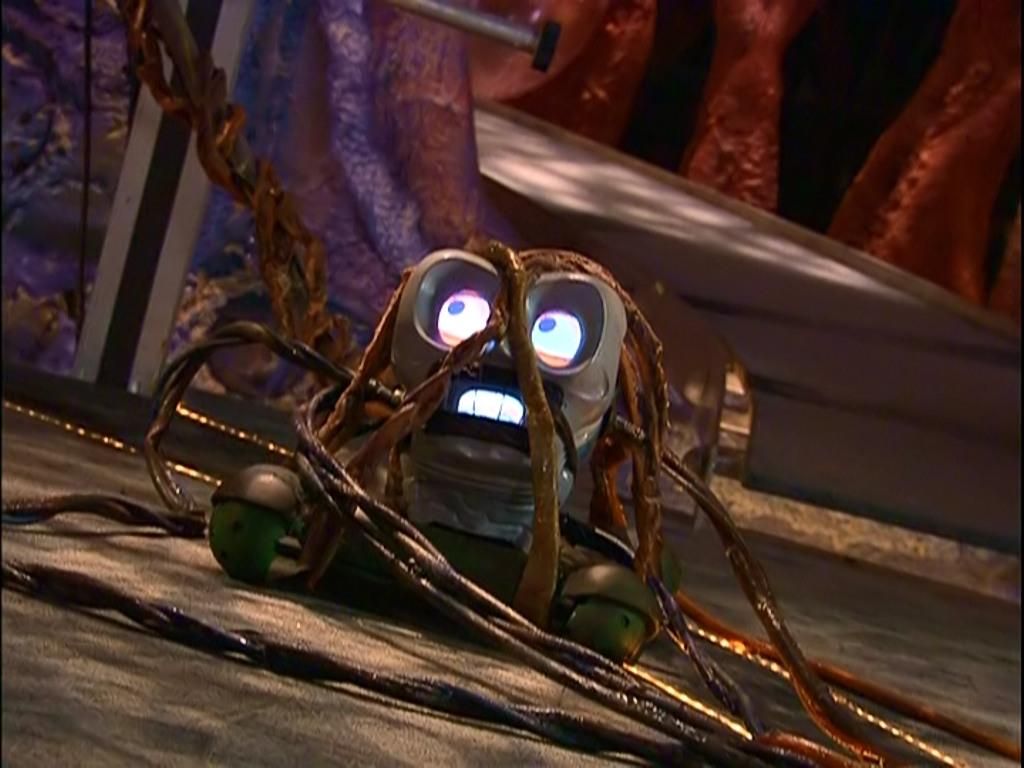
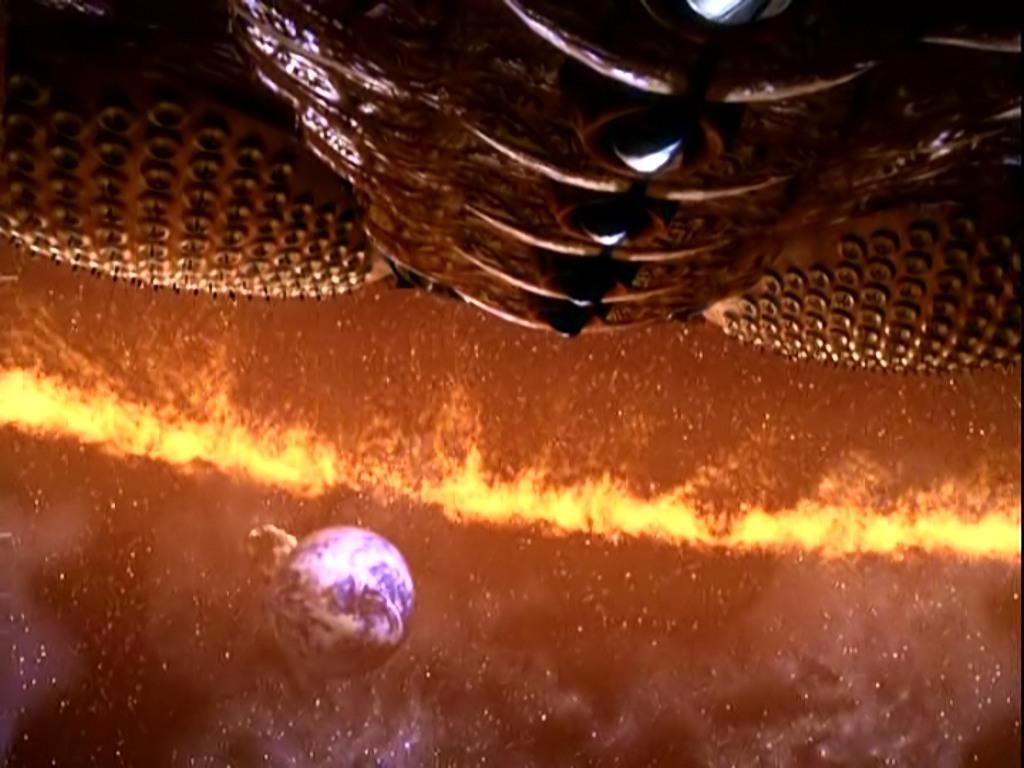











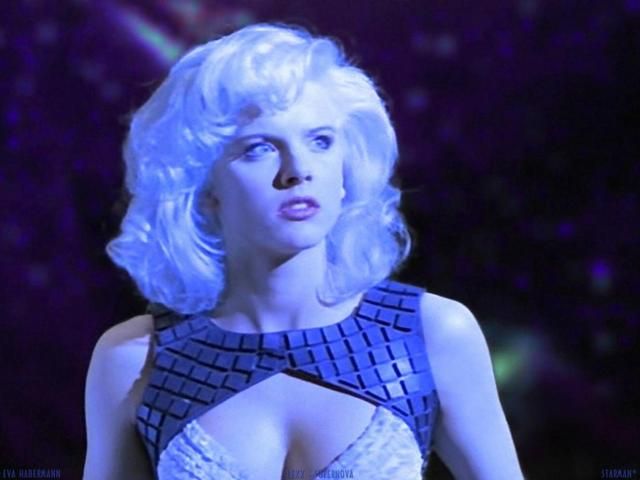

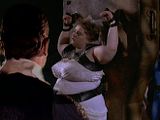
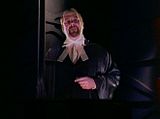
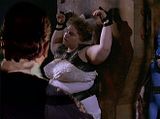






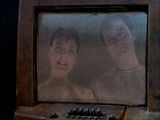

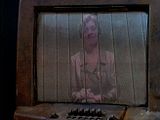
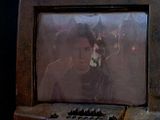
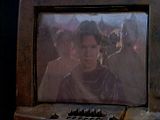
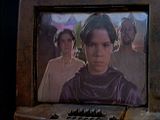
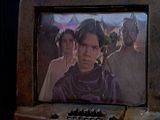

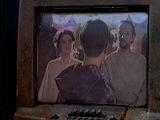
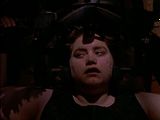
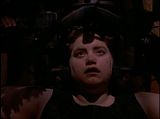

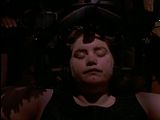
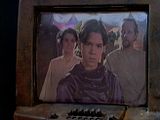
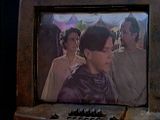
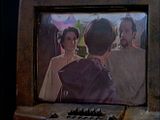
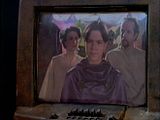

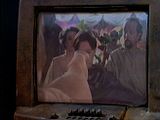
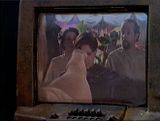




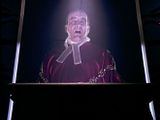


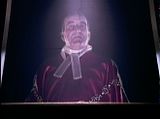
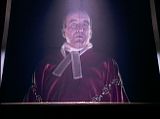
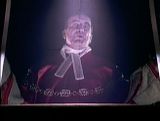

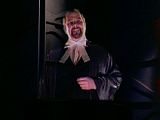
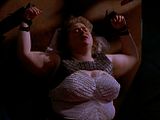
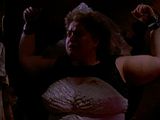
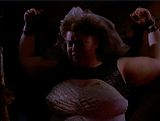



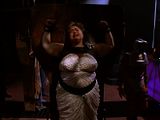
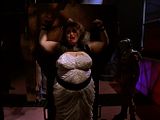
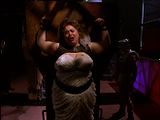
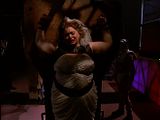



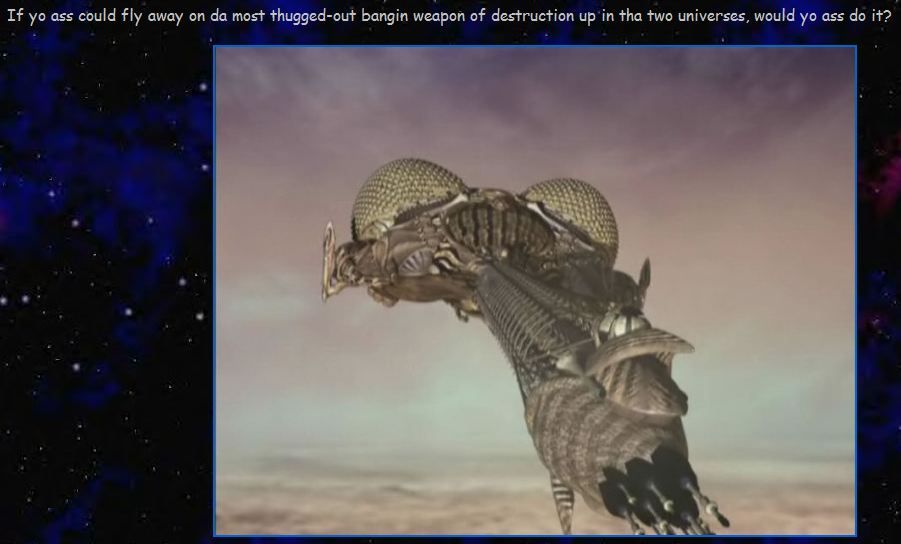
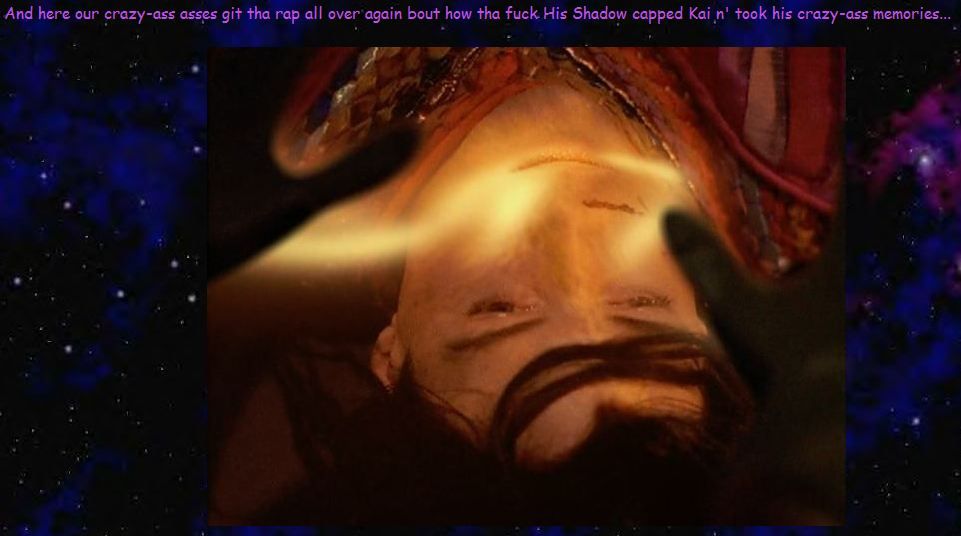

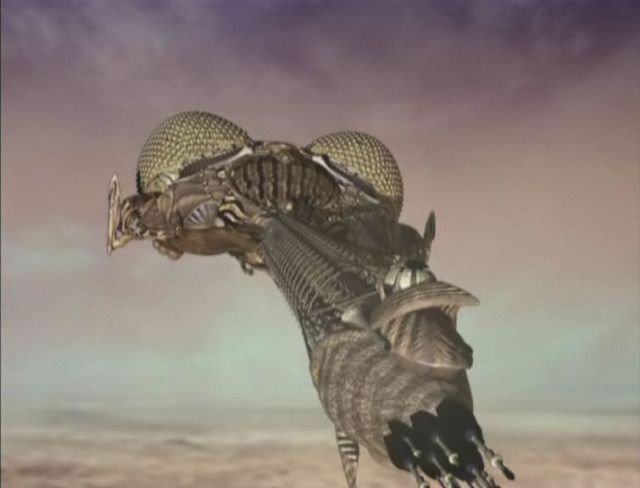
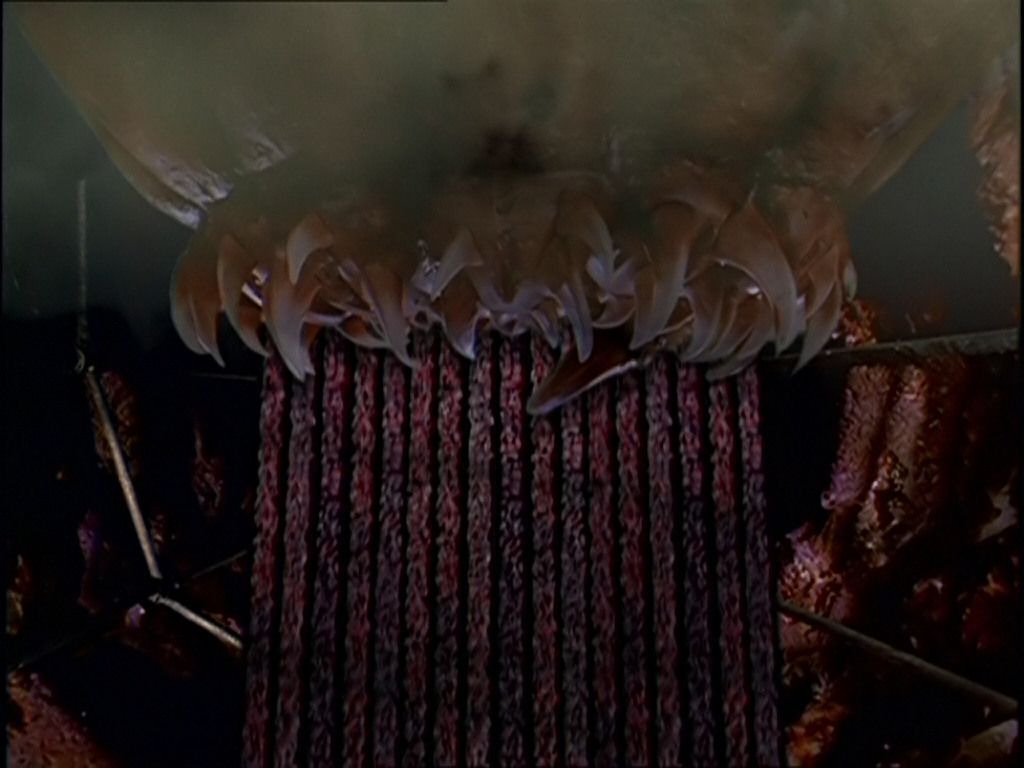
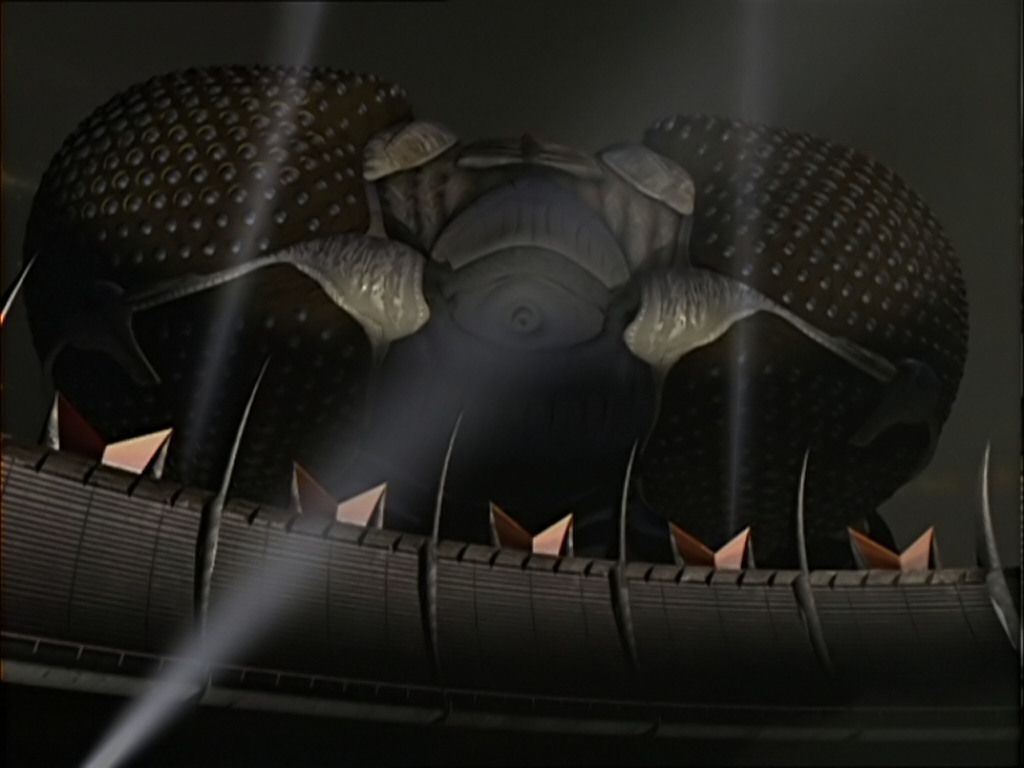
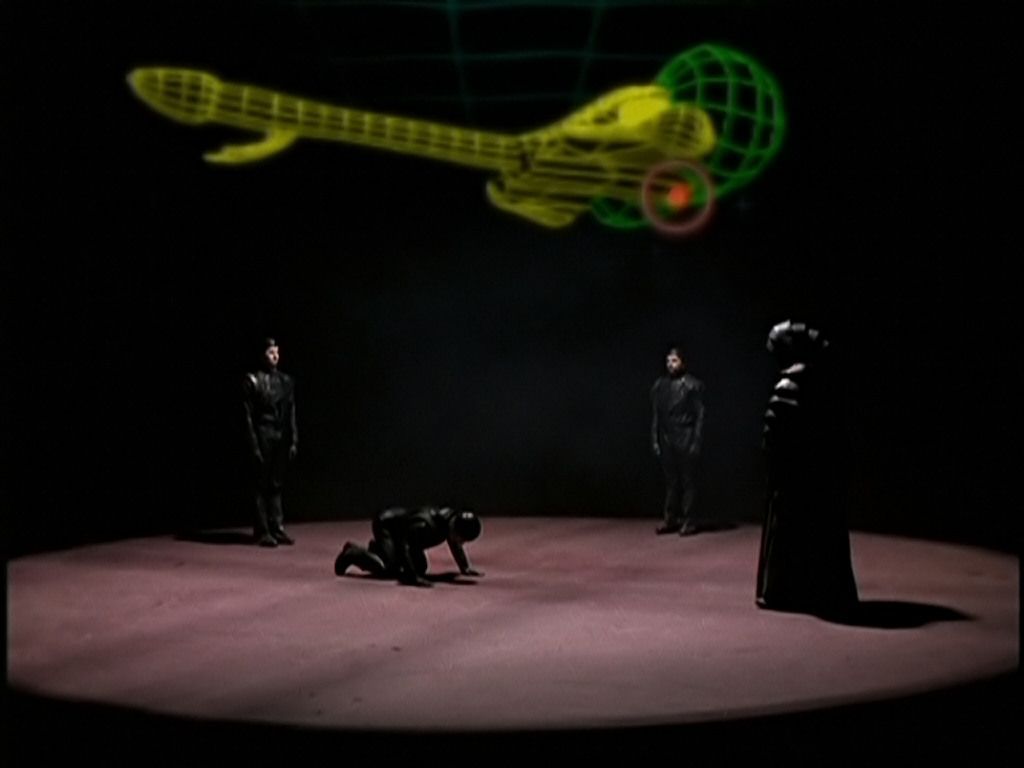
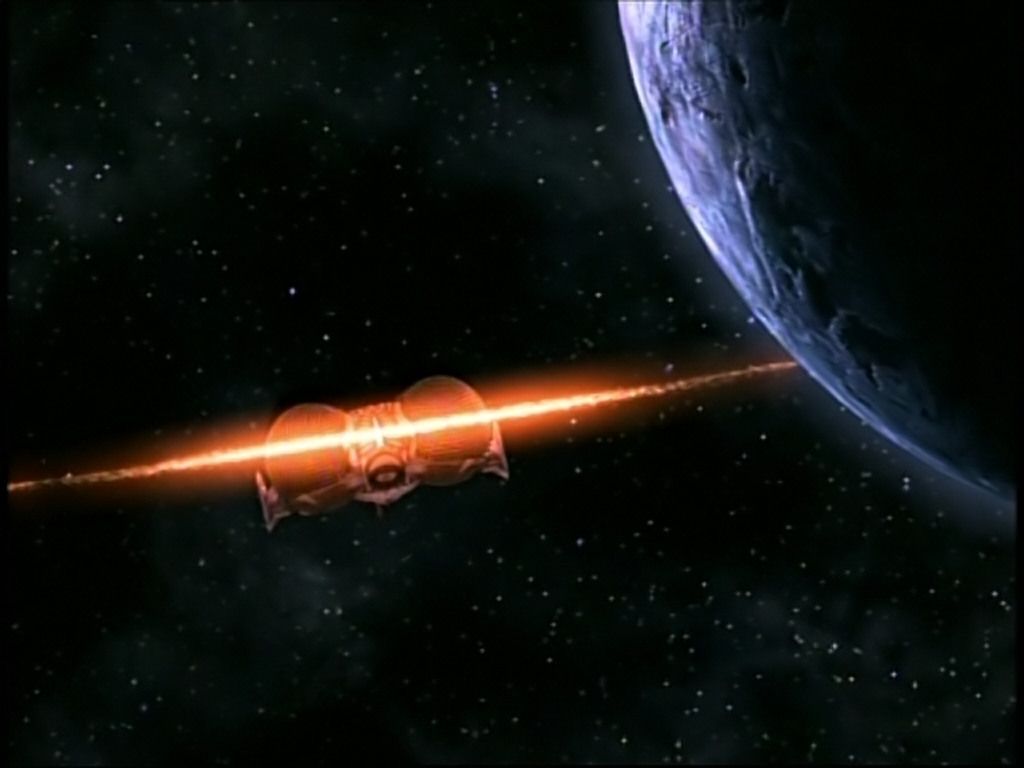
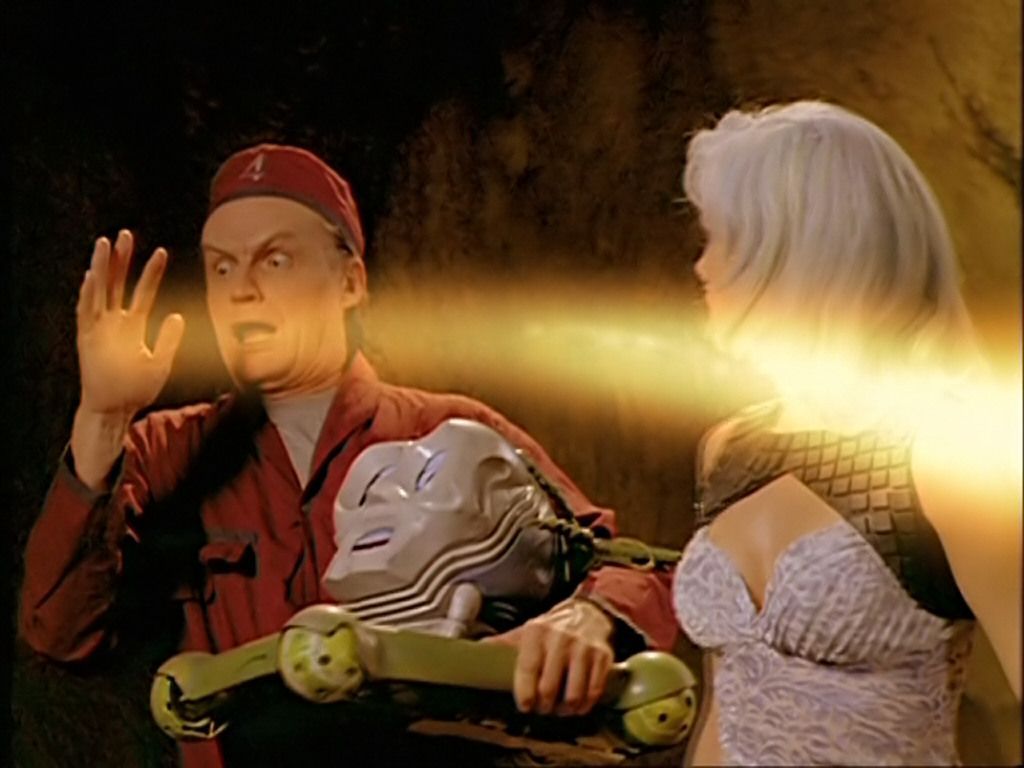

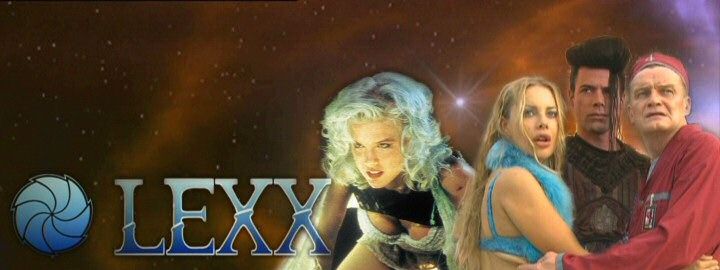 Angelbacchae's screen captures > Lexx
Angelbacchae's screen captures > Lexx Brian Downey on Facebook
Brian Downey on Facebook Echo Bridge Entertainment - Lexx
Echo Bridge Entertainment - Lexx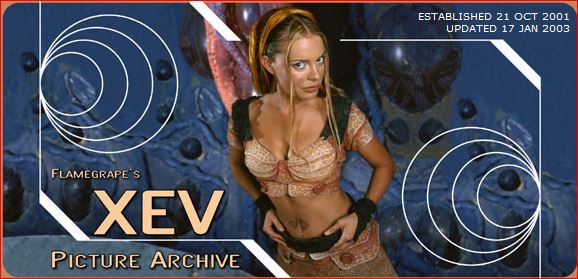 Flamegrape's Xev Picture Archive
Flamegrape's Xev Picture Archive Kai, Last of the Brunnen G
Kai, Last of the Brunnen G IMDb- Lexx (TV Series 1997–2002)
IMDb- Lexx (TV Series 1997–2002) Lexx Domain
Lexx Domain Lexx Fan Club
Lexx Fan Club Lexx | Get Glue
Lexx | Get Glue Lexx- Light Zone (Russian)
Lexx- Light Zone (Russian)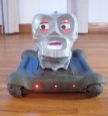 LEXX Light | 790 (originally written by Janika Banks)
LEXX Light | 790 (originally written by Janika Banks) LEXX MUSEUM
LEXX MUSEUM Lexx Net (Russian fan club)
Lexx Net (Russian fan club) LEXX Revival Project
LEXX Revival Project
 Lexx t-shirts by blackdalek | Redbubble
Lexx t-shirts by blackdalek | Redbubble Lexx wiki dotorg
Lexx wiki dotorg Lexxplorations
Lexxplorations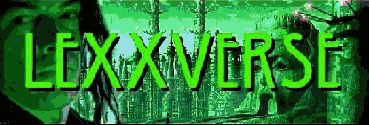 Lexxverse
Lexxverse LexxZone
LexxZone LexxZone on Tumblr
LexxZone on Tumblr Little Lexx Bored
Little Lexx Bored Nerd Movie- Lexx
Nerd Movie- Lexx Nora Jean's Lexx Index
Nora Jean's Lexx Index Sadgeezer- Lexx
Sadgeezer- Lexx Sci-Fi Talk
Sci-Fi Talk Sci-Fi Updates Lexx TV Series Wallpapers and Desktops
Sci-Fi Updates Lexx TV Series Wallpapers and Desktops SF Series and Movies Lexx
SF Series and Movies Lexx SF Series and Movies Lexx Characters
SF Series and Movies Lexx Characters SF Series and Movies Lexx Episode Guide
SF Series and Movies Lexx Episode Guide SR Series and Movies Lexx Gallery
SR Series and Movies Lexx Gallery SF Series and Movies Lexx Info
SF Series and Movies Lexx Info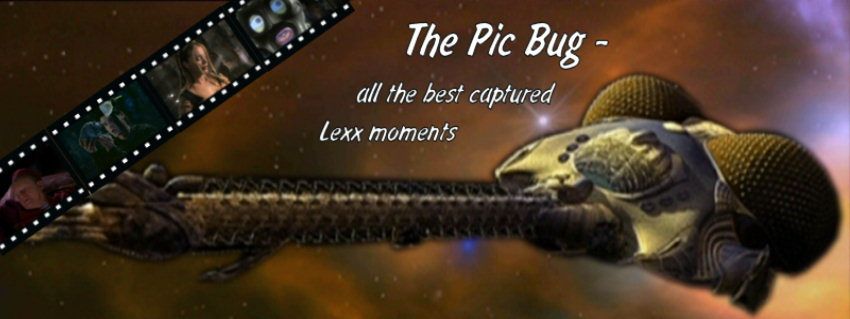 ~~* The PIC Bug *~~ Your online source for Lexx screen captures
~~* The PIC Bug *~~ Your online source for Lexx screen captures Vel's Homepage- Lexx Video Game
Vel's Homepage- Lexx Video Game Watch Lexx on Hulu
Watch Lexx on Hulu Watch Lexx Online | Netflix
Watch Lexx Online | Netflix Watch Lexx Online - TV.com
Watch Lexx Online - TV.com